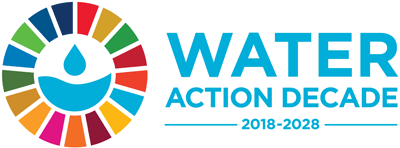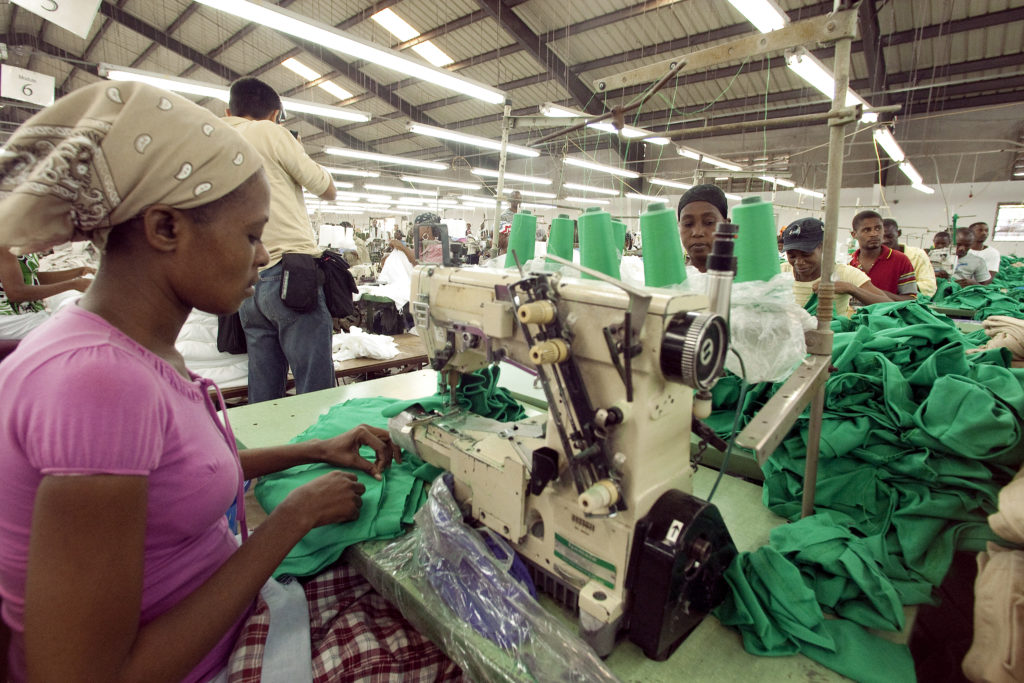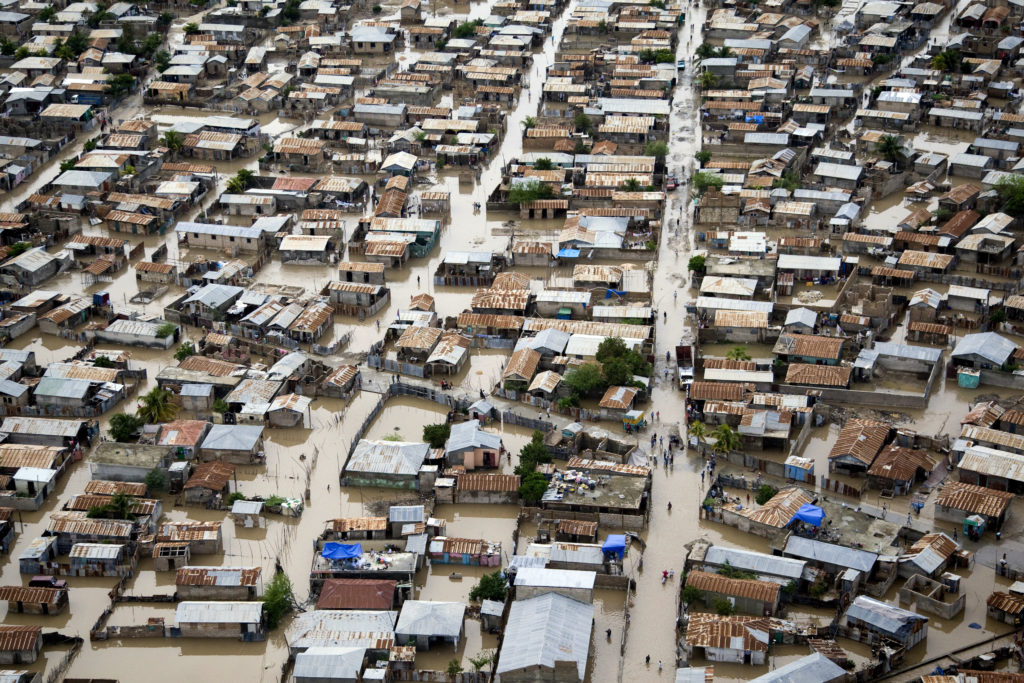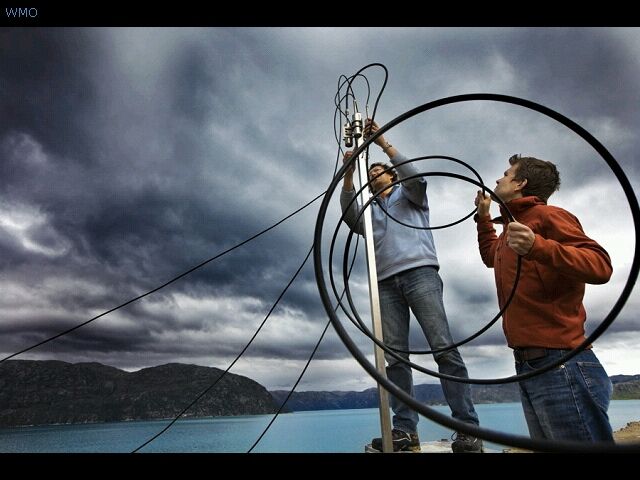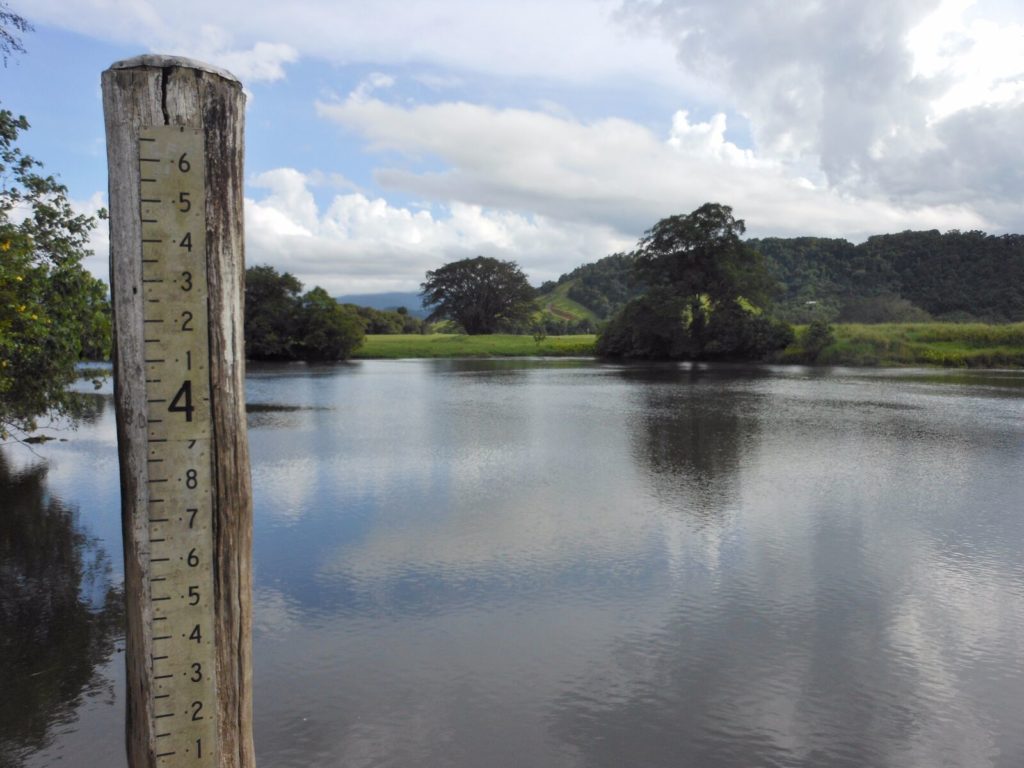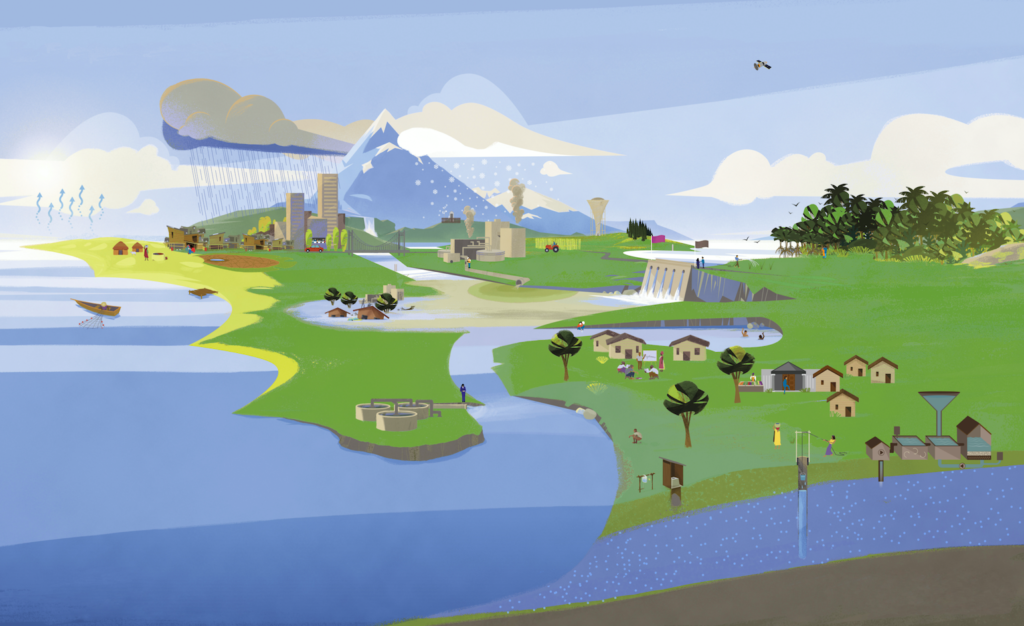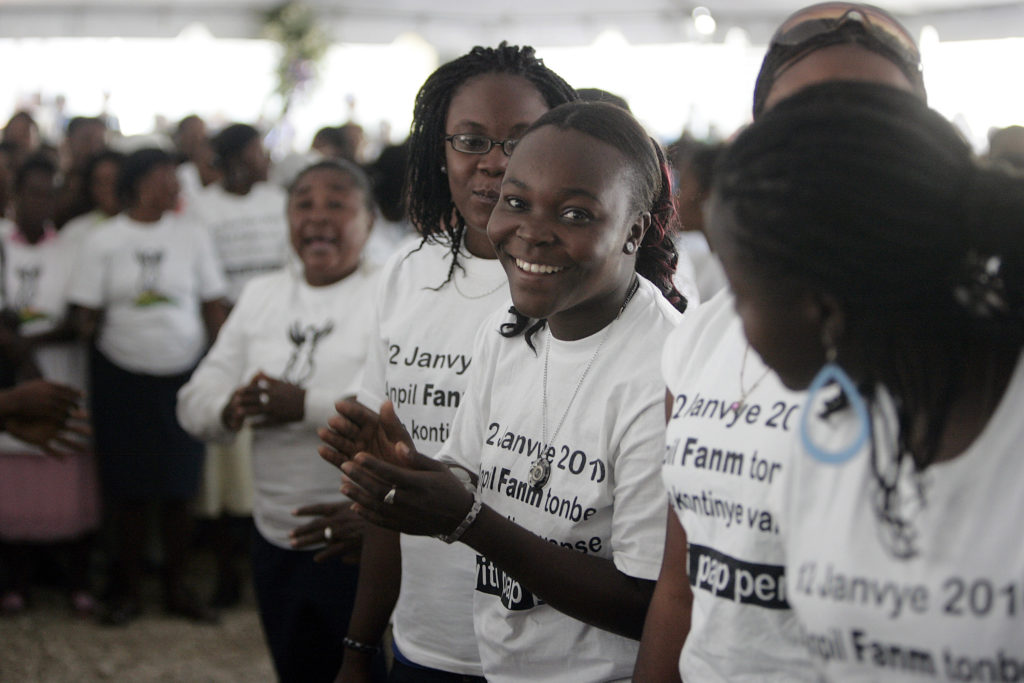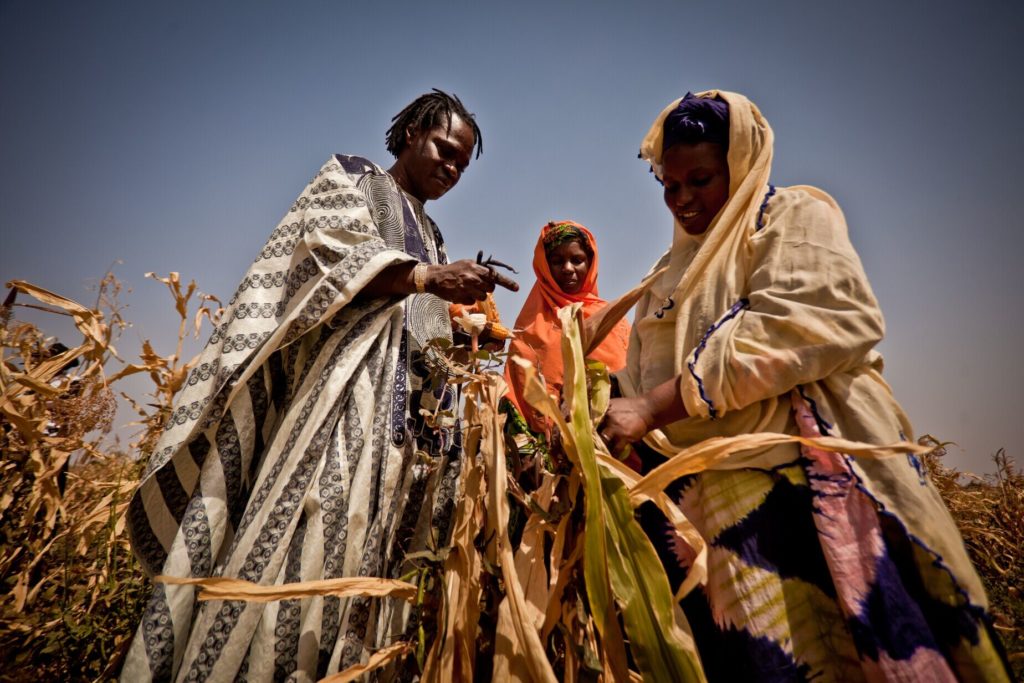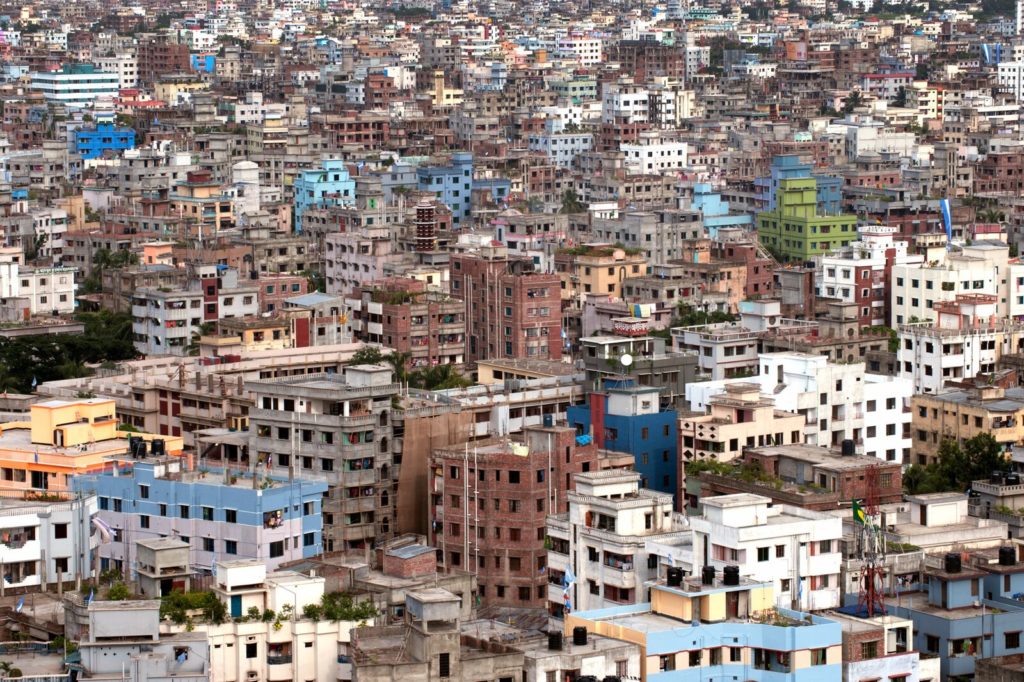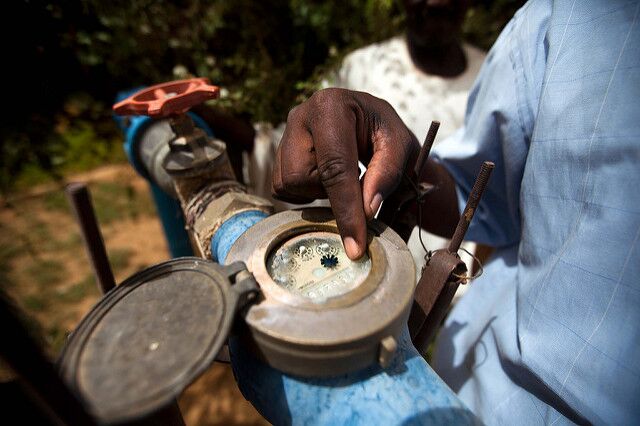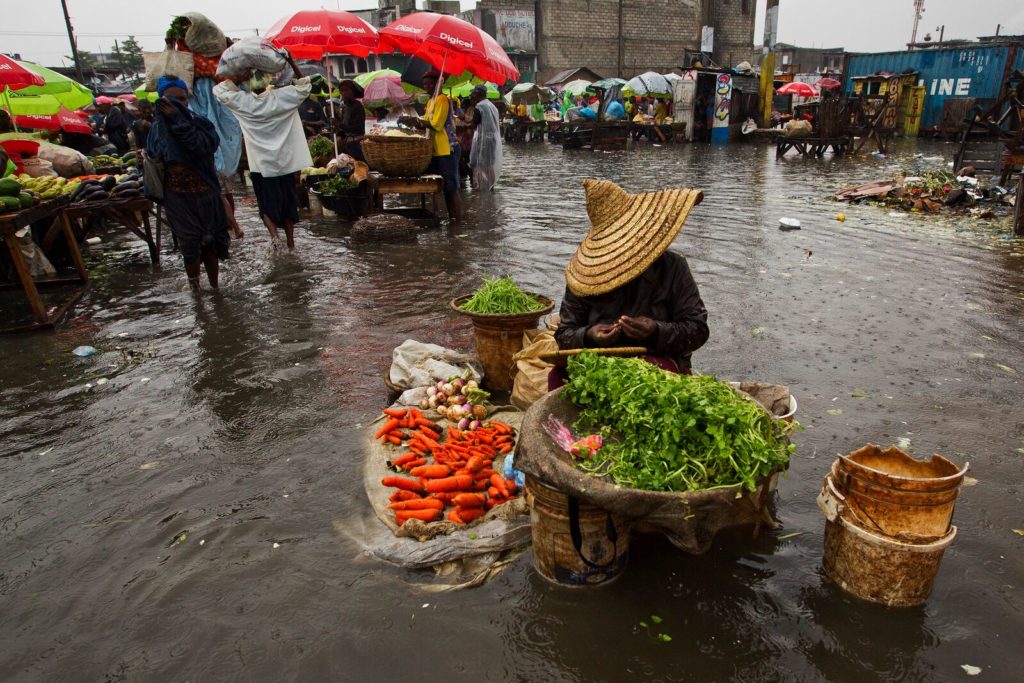Swedish textile water initiative
The Swedish Textile Water Initiative (STWI) is a collaboration between over 30 Swedish textile and leather brands and the Stockholm International Water Institute. Founded in 2010, the STWI works with major fashion brands and their suppliers to develop sustainable business practices that foster improved water and wastewater management in supply chains. Originally working exclusively with...
